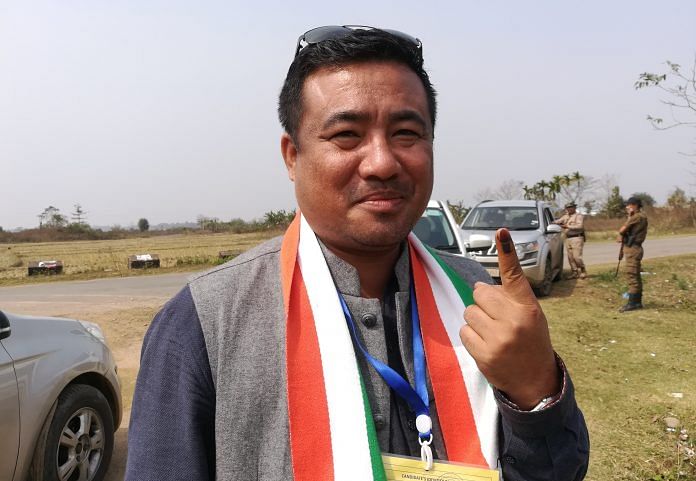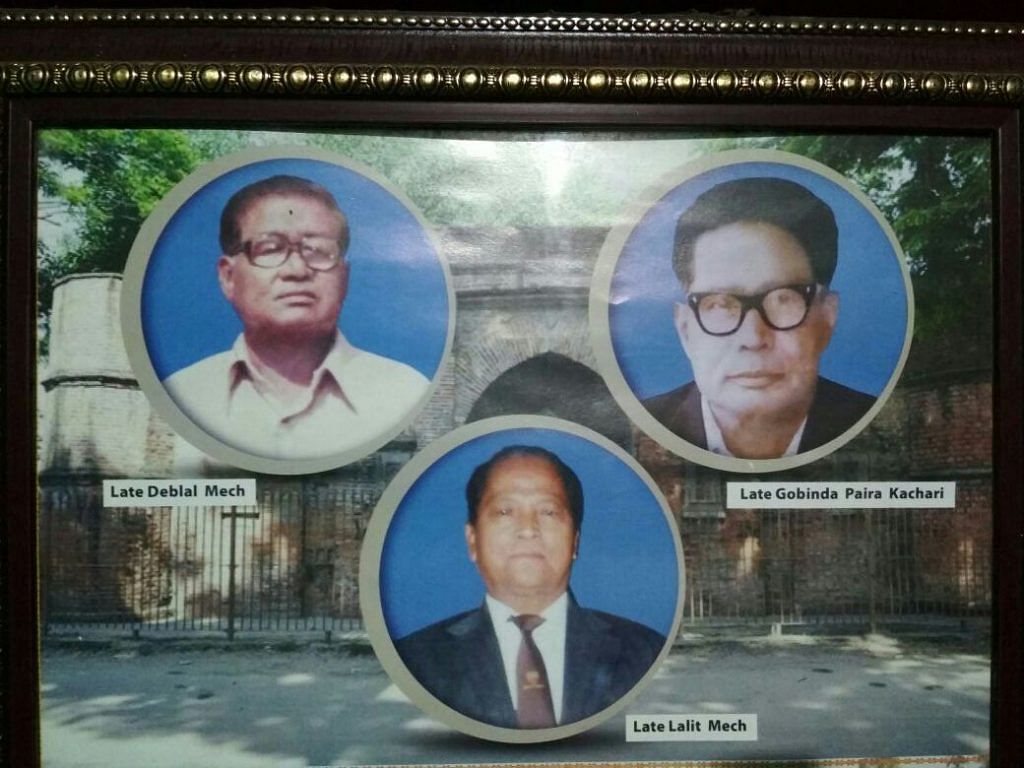Once the ruling clan of Dimapur, the Dimasa Kacharis have remained unrepresented in the state assembly for more than two decades.
Dimapur: The Kacharis of Dimapur are not excited about the Nagaland assembly poll results, due to be announced Saturday. Reason: the oldest indigenous community in the district has remained unrepresented in the state assembly for more than two decades.
Once the capital of the Dimasa Kachari kingdom that spread across parts of present-day southern Assam, Dimapur has seen only six candidates come to fight polls in the past 13 state elections since Nagaland was carved out of Assam in 1963. Of these, only three were elected to the assembly so far.
Debalal Mech was elected three times (1963-1977), Gobind Paira in 1964 and Lolit Mech got elected in 1982.
There was not a single Kachari candidate in the fray in this election. And it has been the same case in many elections since 1989.
Ethnic minority
Out of the nearly 17 lakh Scheduled Tribe population in the state, the Nagas account for 98.2 per cent whereas the Kacharis are just 0.4 per cent, the Garos 0.1 per cent and the Kukis account for 1.1 per cent.
A majority of the Kacharis are Hindus while a small section has converted to Christianity.
Religion, however, is not a major factor behind non-representation of the Kacharis in Nagaland, a Christian state, says Ramesh Hasnu, a bank employee and leader of the Kachari Tribe Council of Nagaland.
“There has been an absence of leaders in our community. The educated few opt for government jobs,” Hasnu told ThePrint. “Moreover, the atrocities and threats by those with money and muscle power had discouraged our candidates from contesting.”
An influential leader Rajeev Langthasa, who was in the fray in the 1989 election, was killed by unidentified assailants in the 1990s.
“Although it has never been proven but it was likely for political reasons,” Hasnu said, adding inter-tribal rivalry often leads to such incidents.
Past forward
Until 1963, when Nagaland was granted statehood, Kacharis lived in 20 villages in Dimapur district alongside non-Naga tribes like Kukis, Garos and Mikirs. The Dimapur constituency, which later became Dimapur 3 assembly segment, was once a stronghold of the Kachari electorate. So much so that the Assam-based Dimasa insurgent group, Dima Halam
Daogah, had demanded parts of Dimapur district for its proposed Dimaraji or a separate Dimasa state until it signed a peace pact with the Central government in 2012.
However, over the course of time, many Kachari families sold their land, especially in Purana Bazaar, which was once the heart of Dimapur town.
“Our people have generally remained poor. Due to unemployment and lack of advanced farming knowledge, we could not prosper,” Hasnu said.
“Our property value did not appreciate. We ended up losing our land repaying loans given to us under the garb of friendship by other tribes,” he added.
Lun Tungnung, a Kuki from Phaiphijang village, is the only non-Naga candidate in the fray in this election. After an unsuccessful attempt to contest from Ghaspani 2 constituency in 2013 as an independent, Tungnung has increased his support base and is looking to represent the interests of non-Naga minorities in the state.
“We have been deprived of government schemes like MNREGA. We have become minorities because a large number of Naga population has moved down from the hills to Dimapur,” Tungnung said.
Although Nagas usually vote for candidates from their own clan or tribe, votes of other minority tribes get divided across different parties.
However, Tungnung is hopeful that there will be winds of change this time.
“Coming from a minority community and fighting against the big people and the system, I feel this could be a watershed moment in Naga politics,” he said.







